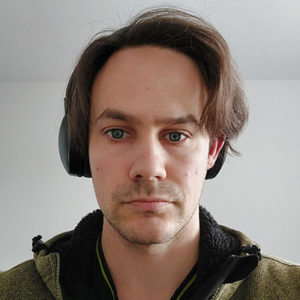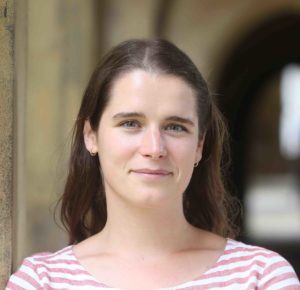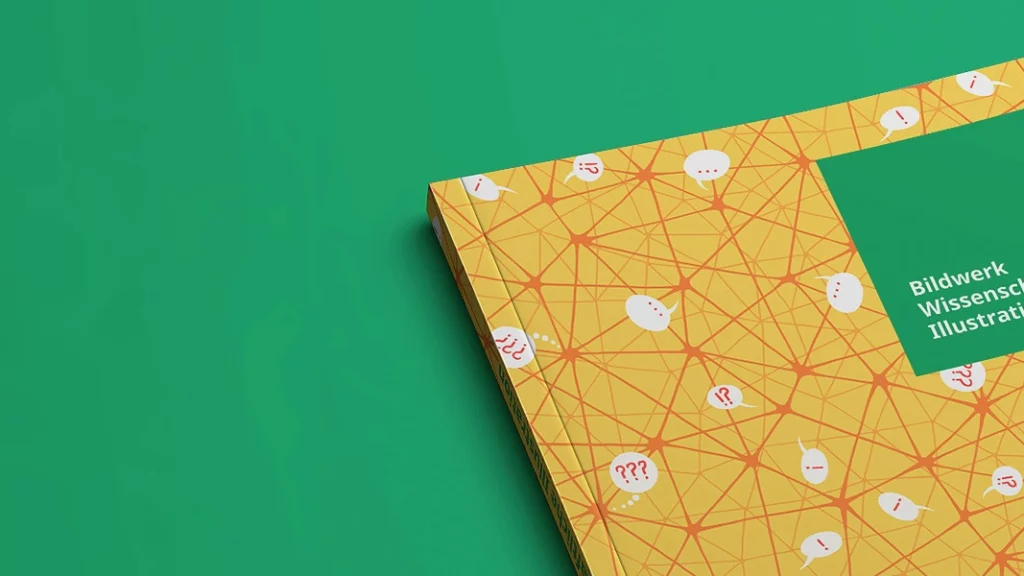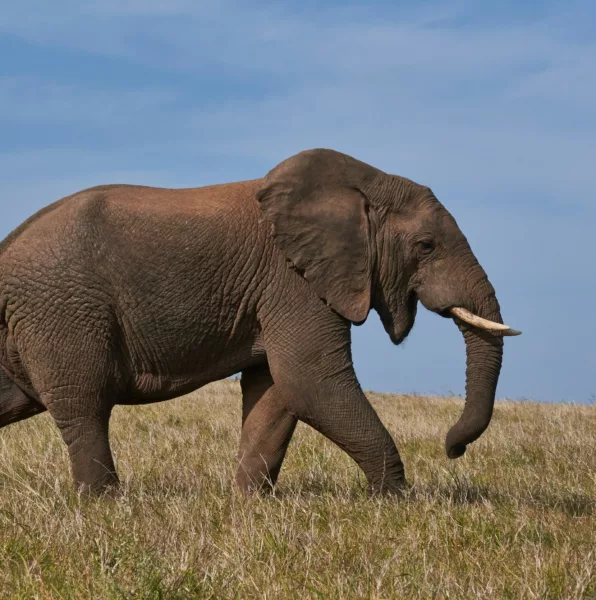A journal club initiative, where early career researchers serve up mugs of ReproducibiliTea in blends of transparency and openness. Co-founders Sophia Crüwell and Sam Parsons reflect on the global spread of their initiative and the importance of CommuniTea.
“Tea is the key to building a community”
What is the ReproducibiliTea initiative?
Sophia Crüwell: We are a grassroots journal club initiative that helps early career researchers create local journal clubs at their universities and institutions to discuss issues around improving science and raising awareness for the Open Science movement. In a ReproducibiliTea journal Club session, a paper is selected and discussed over snacks and cups of tea – hence the name.

What are your goals for ReproducibiliTea?
Crüwell: This calls for the other pun that we have and that is CommuniTea. Reading papers in a journal club – which is what you tell your supervisors to explain your attendance – is a Trojan horse for what it is really about: building a community. Having a place to vent about issues, learn new things and support each other.
Sam Parsons: The experience that many of us had was that it was very easy to be the one person in your lab that wanted to talk about the issues in science and was motivated to do better. But even if you weren’t receiving hard pushback against wanting to share materials, data and analysis code, preregister your study etc., you often did not have a space to discuss and share. You were very much the outlier within your research group. When people got together in the ReproducibiliTea journal clubs, they suddenly realized that there are other like-minded people. You didn’t feel isolated anymore.
How did ReproducibiliTea start?
Parsons: Amy Orben, one of the other co-founders, Sophia and I were having dinner one night back in the spring of 2018. After a bit of complaining and shared griping, the journal club idea came up. There was talk about being super British, having tea and talking about reproducibility, and then we realized: ReproducibiliTea! What a great pun. The concept grew out of the pun. We were all very junior in our careers: Amy and I were PhD candidates, Sophia was a visiting master student. We had quickly realized that you can’t change everything overnight, as much as we would have liked to. But what we could do is start a journal club to create a space for discussion. Within half an hour we had eight weeks’ worth of readings for the upcoming semester. This happened only two weeks before the start of the semester, so we set up the journal club very quickly. We set a time, booked a room, announced it on the mailing lists of our psychology department. On the day of the first journal club session, more people turned up than we expected. This made us realize that people needed a space to talk about open science and reproducibility.

Crüwell: We also created a logo right away. I sat down and manipulated the open data badge to create the ReproducibiliTea logo. We only went through two iterations with the logo design and were very proud of ourselves for the pun in our name.
ReproducibiliTea has now spread to 101 institutions in 25 different countries. When did others start approaching you to set up their own local journal clubs?
Crüwell: It happened quickly after the start. Amy, Sam and I were very active on Twitter and had built an online community to discuss topics around open science. For us it was the first experience of creating a similar community in the real world. Obviously, once that happened, we went back to our online community and shared what we were doing.
Parsons: What helped was that we almost immediately put up the reading list and logo onto the Open Science Framework. It was for our own record keeping, but it was also very helpful for other people to start their own ReproducibiliTea journal clubs. Ben Farrar, a PhD candidate at the University of Cambridge back then, reached out to us when we were only in the second or third week of our own journal club series in Oxford.
After those initial journal clubs, how quickly did the ReproducibiliTea community grow?
Parsons: A year after we started, we had about a dozen journal clubs. Then we received funding from the UK Reproducibility Network and quickly shot up to 40-50 journal clubs. Now, we are at roughly 100 journal clubs. I hesitate to say worldwide, because that carries a bit more weight than simply saying in multiple countries. It wasn’t just one local community anymore, but rather pockets of communities that were linked. It quickly grew into something bigger than us thinking about eight papers to discuss over the course of a semester. That is where the three of us saw our roles changing. Now, our role as the steering committee is not about guiding or pushing the way the different journal clubs are run. Instead, it is about providing support, for example through sharing reading lists. But you don’t have to start there; you could simply email us to have your ReproducibiliTea journal club added to our website and then read and discuss whichever paper you want. It is very free-form.
How do you build and maintain a global CommuniTea?
Crüwell: Surry Reproducibility Society and ReproducibiliTea organized an international meet up in 2020 that had to be moved online. The meeting was about how ECRs can influence research culture and integrity. In late 2020, to celebrate 100 ReproducibiliTea journal clubs, we also organized three celebrations in one day to cover as many time zones as possible.
Parsons: But the honest answer is that we have not done anywhere near as much as we would have liked, especially with COVID.
Crüwell: We want to do more virtual events because they have been very successful so far. But we are all doing this in our free time. At the end of the day, if your workload is intense, then that takes priority. We are trying to strike a balance and keep up the work with ReproducibiliTea.
How has the pandemic changed the ReproducibiliTea journal clubs?
Parsons: Early on in the pandemic, journal clubs had to govirtual. Some even started as virtual meetings and have moved to in-person events only in the last six months.
What plans do you have for ReproducibiliTea in the near future?
Parsons: We are planning on starting a speaker swap soon. It is a project that is intended for journal clubs to reach out to external speakers and also give early career researchers a platform to promote themselves by giving talks about open science. It is easy to get the same senior people to give such talks, but we want to raise the voices of early career researchers, especially of folk that are less represented.
Crüwell: The speaker swap is a win-win: local journal clubs would get easy access to invited speakers and early career researchers get the exposure and experience without having to travel. We started planning the speaker swap before the pandemic, but ended up not doing it. There were so many online meetings at the start of the pandemic that we did not want to put an additional burden on people’s time and energy. Now we think it is a better time to finally launch the speaker swap project.
The ReproducibiliTea initiative is fostering a community to create positive change in science. If you had a magic wand and the ability to change something in the way science is currently done, what would you change?
Crüwell: That is a really difficult question. You could pick something that is so big that everything else would have to change as well. Diversity, for example: Everything would have to change for it to be a sustainable achievement. But that seems like asking for three magic wands. A more specific, less abstract goal would be to change the current publishing system. If I could wave a magic wand, I would get rid of scientific journals. They are a middleman that gets a lot of money for little added benefit, especially now that we are not working with printing presses most of the time. Removing journals would probably alleviate many equity issues as well. Scientists would not have to pay as much for submitting, nor for reading their science. Of course, you would have to think of a suitable replacement for academic journals. So much research gets published, that you would need a form of curation.
Parsons: I will piggyback on that wish. In my ideal world, I want the review process to be as open as possible. I will not go as far as saying signed, i.e. having reviewers reveal their identities to the world, because that could exacerbate inequalities that already exist. But many issues in scientific publications could have been spotted, had the review system been open. You could not only pick up issues, but also learn from them. Simply seeing the time course from submission to publication would also be helpful. Opening up the peer review process would also eradicate some of the issues around the drains of the systems, including multiple rounds of reviews at different journals. Coming full circle, one of the really cool things about a ReproducibiliTea journal club is being able to discuss and debate how these kinds of initiatives will impact research quality and culture.






